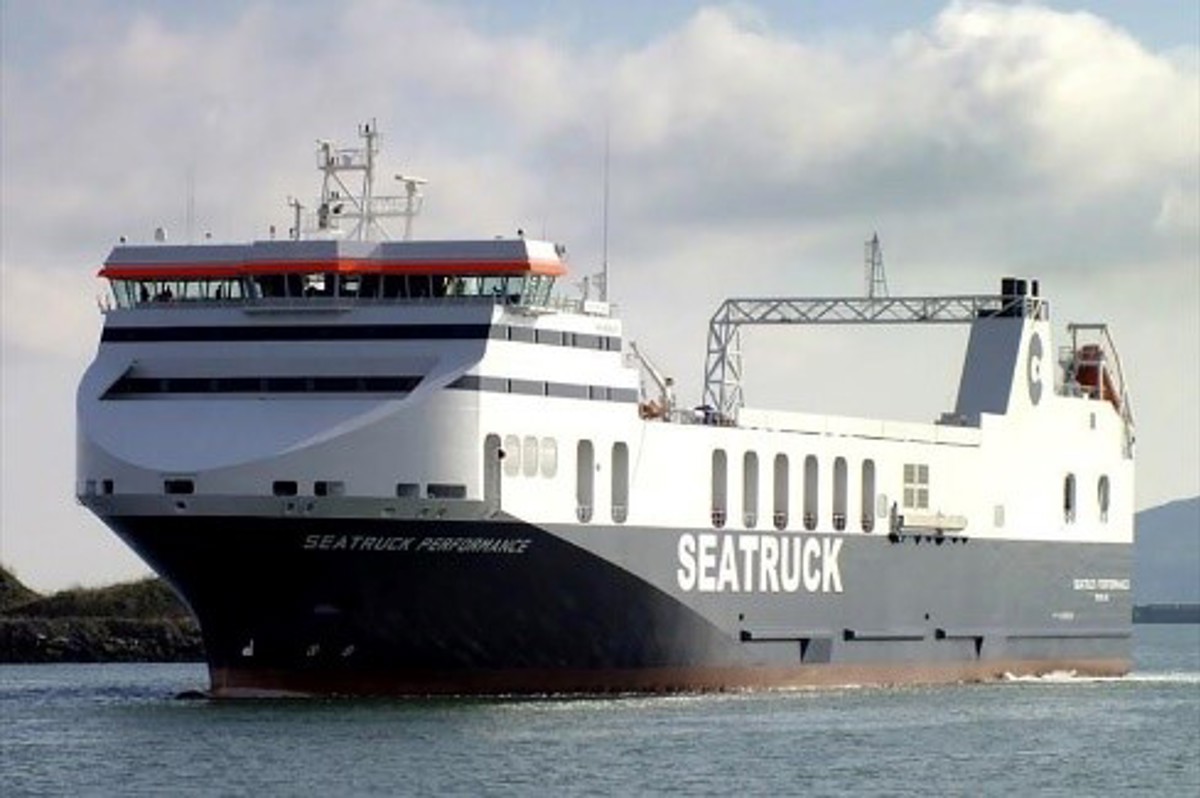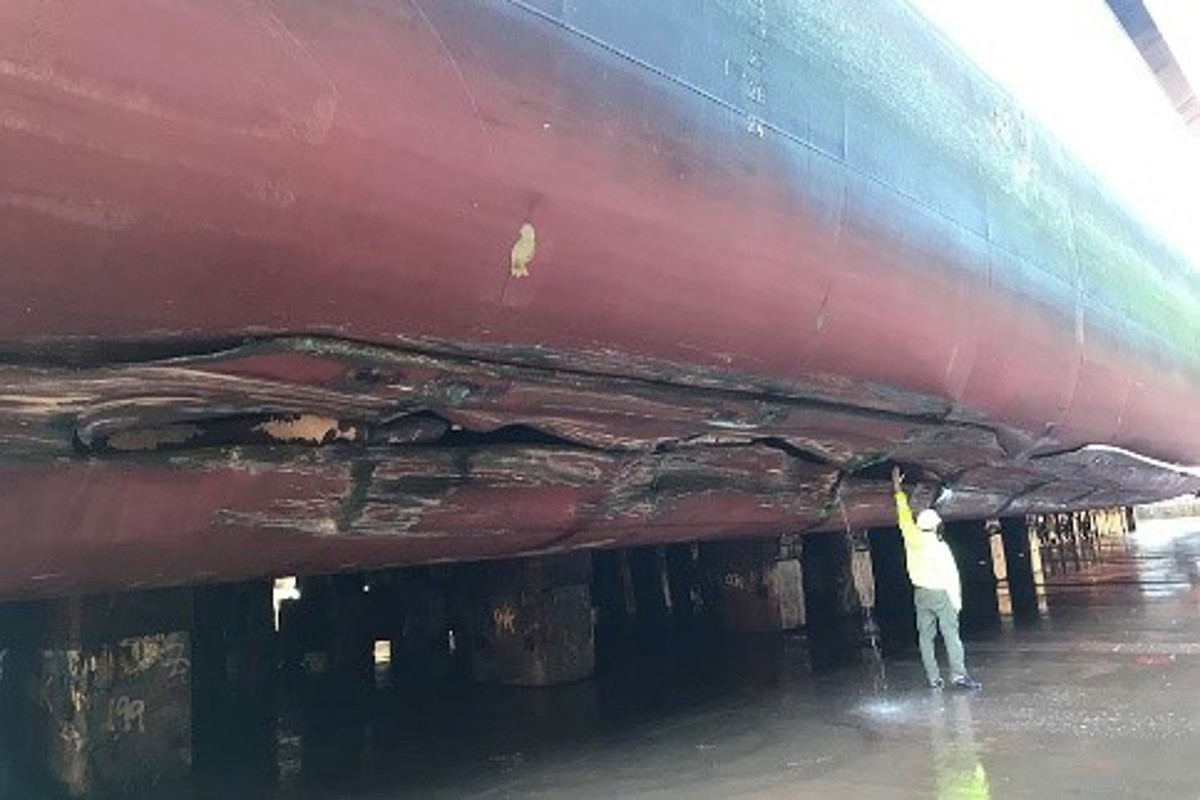Grounding of ro-ro freight vessel Seatruck Performance
- Safety Flash
- Published on 15 April 2020
- Generated on 13 February 2026
- IMCA SF 13/20
- 2 minute read
Jump to:
The UK MAIB (Marine Accident Investigation Branch) has released Accident Investigation Report 4/2020 into the grounding of a freight vessel

This roll-on/roll-off (ro-ro) freight vessel ran aground while transiting the Greenore Channel in Carlingford Lough, Northern Ireland, soon after departing Warrenpoint for passage to Heysham, England.
The ferry quickly developed a 7° list but was able to return to Warrenpoint without assistance.
There were no injuries to its 11 passengers and 22 crew, nor any pollution. Subsequent survey and dry dock identified that a tank and a void space on the ferry’s port side had been breached.
The ferry was out of service for 3 weeks.

What were the findings?
- The potential for squat was not considered when calculating the ferry’s under keel clearance before departure, or when considering its speed.
- Shallow water effects were experienced as the ferry approached the intended alteration, which affected both heading and speed, due to the under keel clearance and the proximity of a charted bank on the south side of the channel.
- The Master was steering by hand, which reduced his ability to maintain an overview of the situation, and a lack of support from the bridge team made him a single point of failure.
- The navigational practices being used by Seatruck Performance’s bridge team did not fully incorporate the electronic aids available and were insufficient to assure the vessel’s safe outbound passage, at night.

What were the recommendations?
- Raise awareness of shallow water effects and improve on-board passage planning.
- Take further measures to optimise the use of electronic navigation systems and enhance bridge resource management training.
Actions
Members may wish to refer to:
- Guidelines for the use of multibeam echosounders for offshore surveys (IMCA S003), Section 2.9
Related Safety Flashes
-
IMCA SF 13/15
21 September 2015
IMCA Safety Flashes summarise key safety matters and incidents, allowing lessons to be more easily learnt for the benefit of the entire offshore industry.
The effectiveness of the IMCA Safety Flash system depends on the industry sharing information and so avoiding repeat incidents. Incidents are classified according to IOGP's Life Saving Rules.
All information is anonymised or sanitised, as appropriate, and warnings for graphic content included where possible.
IMCA makes every effort to ensure both the accuracy and reliability of the information shared, but is not be liable for any guidance and/or recommendation and/or statement herein contained.
The information contained in this document does not fulfil or replace any individual's or Member's legal, regulatory or other duties or obligations in respect of their operations. Individuals and Members remain solely responsible for the safe, lawful and proper conduct of their operations.
Share your safety incidents with IMCA online. Sign-up to receive Safety Flashes straight to your email.